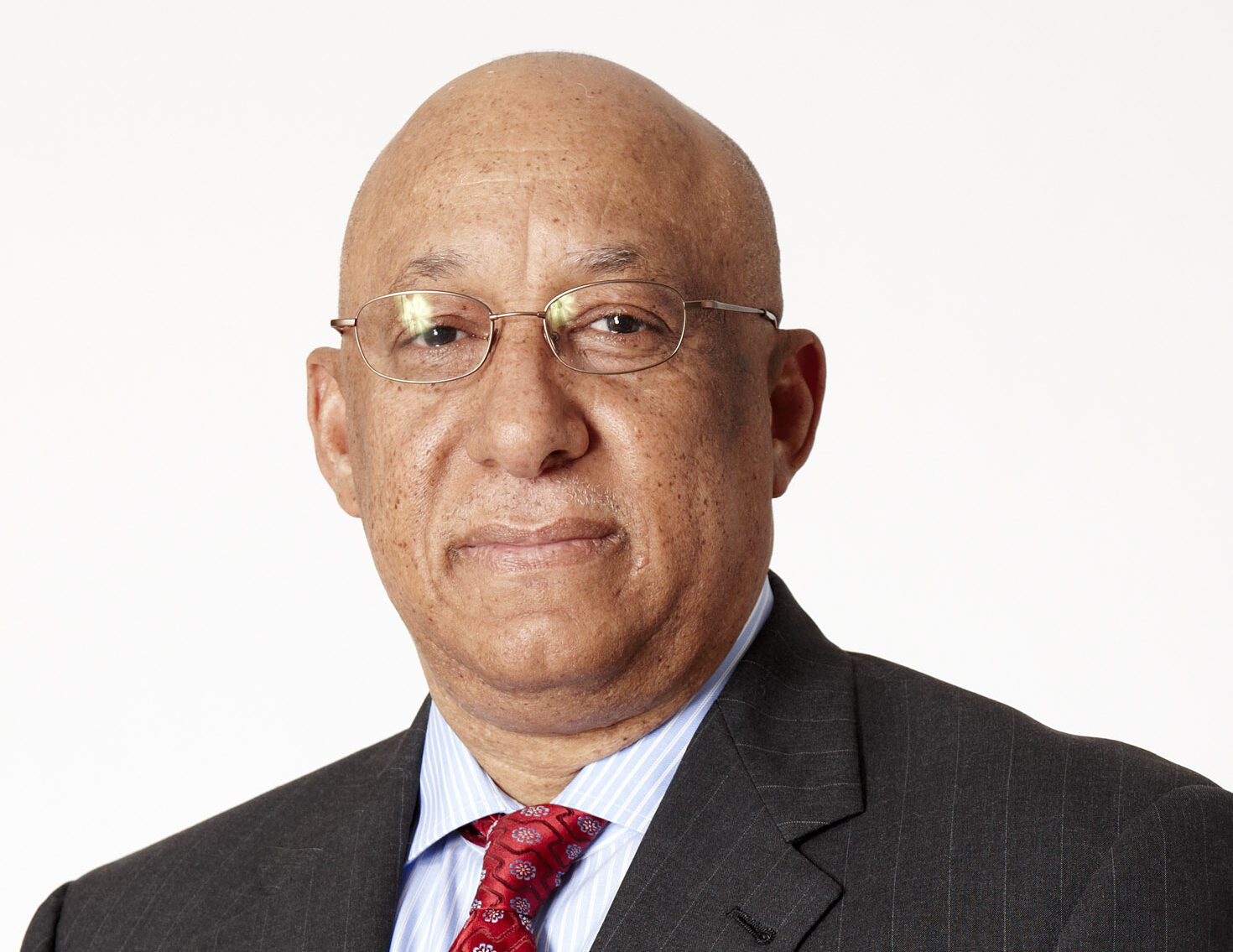BRIDGETOWN, Barbados, Sep 22 2016 – A former top executive has rushed to the defence of regional carrier LIAT in the face of a mounting chorus of discontent over its level of service to the flying public.
Among the most outspoken critics of the airline’s operations in recent days have been the governments of Dominica and St Vincent and the Grenadines, who, along with Barbados and Antigua and Barbuda, make up the carrier’s four shareholder.
However, fed up with poor service his country has been getting, the Vincentian prime minister Dr Ralph Gonsalves declared last week he was not prepared to put another red cent into the operations of the Antigua-based carrier unless he started to see some major improvements.
Speaking on state-run Dominica Broadcasting Corporation today, his Dominican counterpart Roosevelt Skerrit was also adamant that it could not be business as usual for LIAT.
“It is a service. People are not flying on LIAT for free. We are paying,” cried Skerrit, who had written a letter back in April complaining bitterly about the cancellation of a morning flight and about widespread delays.
Today, he stopped short of threatening any sanctions, but insisted, “there must be a greater sense of humanism” in the way the airline conducts its operations.
However, in the midst of the complaints and the deepening cries, President of the Caribbean Development Bank (CDB) Dr Warren Smith told Barbados TODAY when it came to the issue of improved efficiency it was a case of “easier said than done”.
Smith, a former chief executive officer of the struggling carrier, pinpointed a number of challenges which faced the Antigua-based airline.
“It is easier said than done because the network that LIAT operates is a very difficult network. It is also an expensive network by the very nature of the operation. The very thin routes, meaning the very limited passenger uptake on these routes because of the very small size of these countries, but also, the frequent stopping and starting which is part and parcel of the thin routes makes it very expensive,” Smith explained.
He also pointed out that “the need to fly over water and land at airports that are very close to the sea [added] to the operational costs of the airline”.
After meeting with the Acting Chief Executive Officer of the beleaguered airline Julie Reifer-Jones earlier this week, the CDB president said he was confident that decisions would be taken to improve LIAT’s efficiency.
However, he warned that this would require “money and cash flow”.
In this regard, he said the CDB had provided over US$100 million in financing for LIAT in recent times.
“We have done it because we recognize that regional aviation is an indispensable part of an integrated regional economy [and] the regional economic system cannot function without a regional carrier,” Smith said, while stressing that “regional aviation is vital”.
He also said there was a need for the region to examine different models for improving the quality of service, adding that CDB was prepared to provide technical support for such studies.
Smith’s comments also came against the backdrop of the announcement by the St Lucia government that it was undertaking initiatives to encourage an open skies policy and introduce competition.
“Our government is in discussion with Seaborne Airlines with the hope of attracting a Puerto Rico flight here. We are also having discussions with Caribbean Airlines,” said Prime Minister Allen Chastanet, who is a former tourism and aviation minister and an avid critic of the cash-strapped LIAT.
However, Smith maintained that LIAT’s operations had not been all for nought.
In fact he argued that the carrier had been a benefit to the region, pointing out that in the case of Barbados, now its largest shareholder, about 11 per cent of visitor arrivals from the Caribbean region utilize the LIAT network.
The former CEO also said LIAT employs a fairly substantial number of workers, some of whom are relatively highly paid.
“So to the extent that Barbados benefits from that, it is good for economic circumstances here,” he argued, while acknowledging that the ultimate goal was to see an improved LIAT. (Barnados TODAY)




